
6 Tips for Positive Mental Health
6 Tips for Positive Mental Health
1) Don't engage with unwanted thoughts
Everyone has unwanted thoughts, whether it’s worrying about the way you look, a work project or relationship, thinking about something you feel you’ve done wrong or battling anxiety, depression, OCD or any other mental health disorder.
Having these thoughts can bring up a whole array of emotions, but often ruminating on unhelpful thoughts and worries in your mind can make them feel worse. You can’t control your thoughts or how they make you feel but you can choose how you react to them.
Try acknowledging that the thoughts are there and then putting your attention towards something else. There is no need to force this – you can allow these thoughts to be there, but you don’t need to try and work them out.
2) Do something active
You’ve probably heard before that exercise is good for your mental health, but often when you’re feeling down, getting up and doing something can feel like the last thing you want to do.
Even just a small amount of gentle exercise such as a short walk outside or a 5 minute yoga video each day can help you feel better afterwards, even if you didn’t feel like doing it when you started.
You don’t have to go to the gym every day - try and find something that you enjoy doing such as a dance class, sports, cycling or painting.
3) Talk to someone
Whatever is playing on your mind, talk to someone you trust about how you’re feeling. It’s easy to feel isolated when you’re struggling with your mental health, as it can feel so internal. Voicing your concerns will help you get them out in the open and you may even find that the person you are speaking to has been through something similar.
4) Don’t be so hard on yourself
It’s so easy to be frustrated and harsh on ourselves when it comes to how we feel. Sometimes you feel anxious, depressed, worried or scared and you’re not quite sure what the reason is, and that’s ok. Or maybe you feel frustrated at something you’ve done, haven’t done or the way you reacted to something.
Give yourself a break. We are our own harshest critics. Think about how you would talk to a friend if they were going through what you were and try talking to yourself in that way.
5) Practice mindfulness
When you feel stuck in your own thoughts, sometimes reminding yourself of the present moment can be very calming and helpful, especially if you’re anxious.
Bring your attention to the sensations around you. List 5 things you can feel, smell, see, hear and taste. For more information on how mindfulness works and how you can practice it, look here.
6) Know when to seek professional help
Your mental health is just as important (if not more important) than your physical health. If you had an ear infection, you wouldn’t hesitate to go to the doctor for medication. The same goes for your mental health.
If you are struggling or your mental health is having an impact on your life, make an appointment with your GP or seek out a therapist who you think might be right for you.
If you want any more help and advice on coping with mental health issues, go to https://www.mind.org.uk/information-support/types-of-mental-health-problems/ where they have a list of mental health disorders, with tailored advice ,information and support.
Do you have any advice for anyone who is struggling with their mental health? Share them in the comments below.

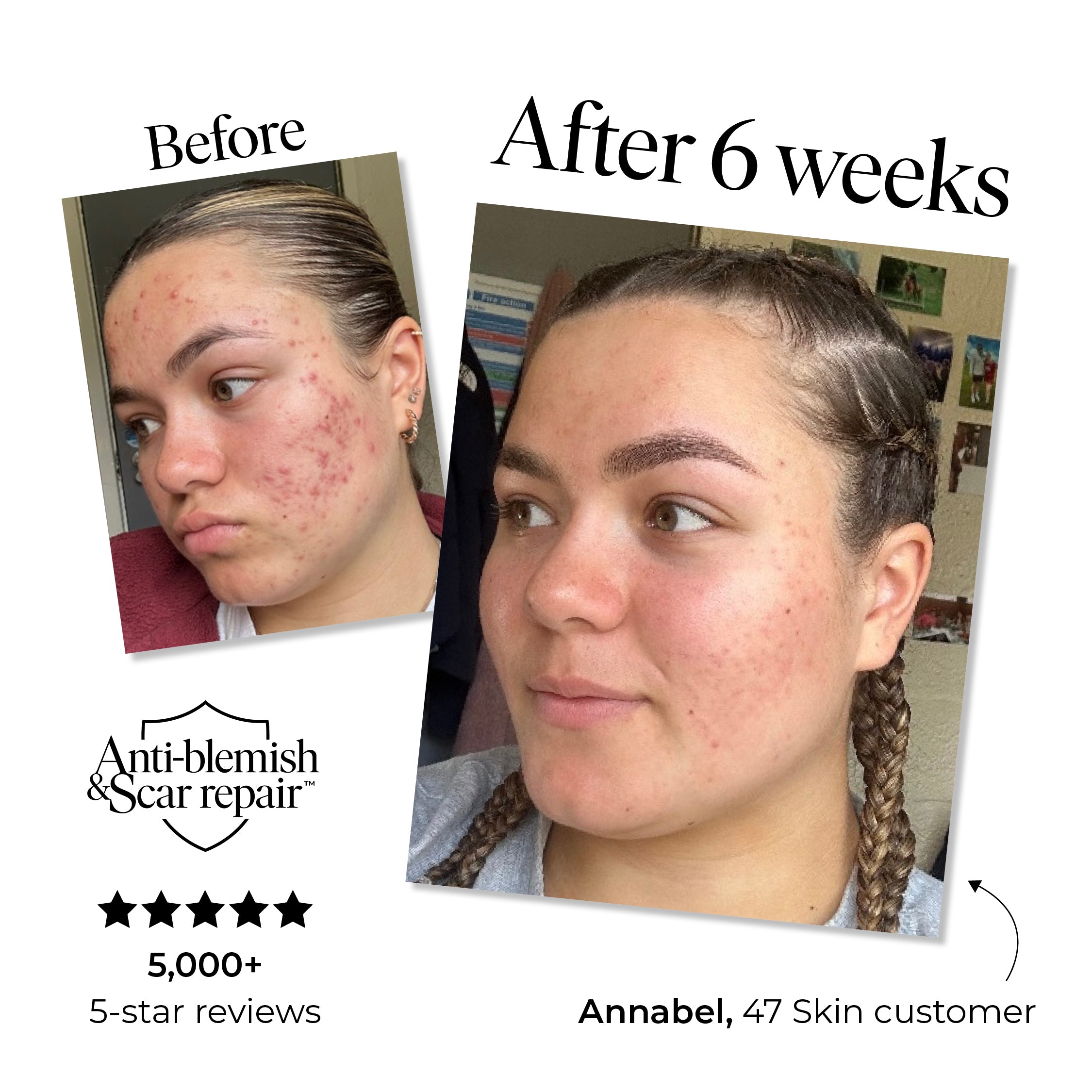
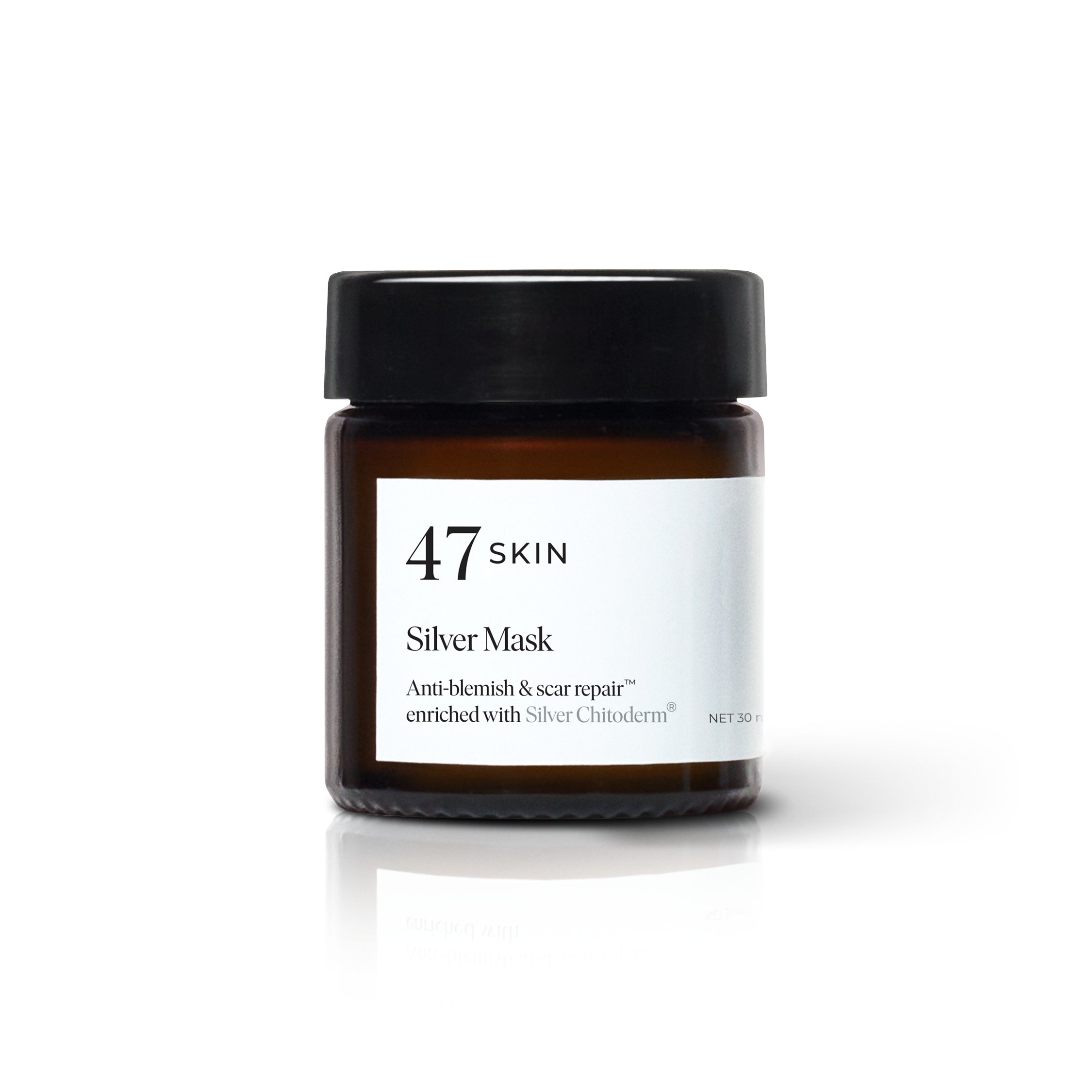
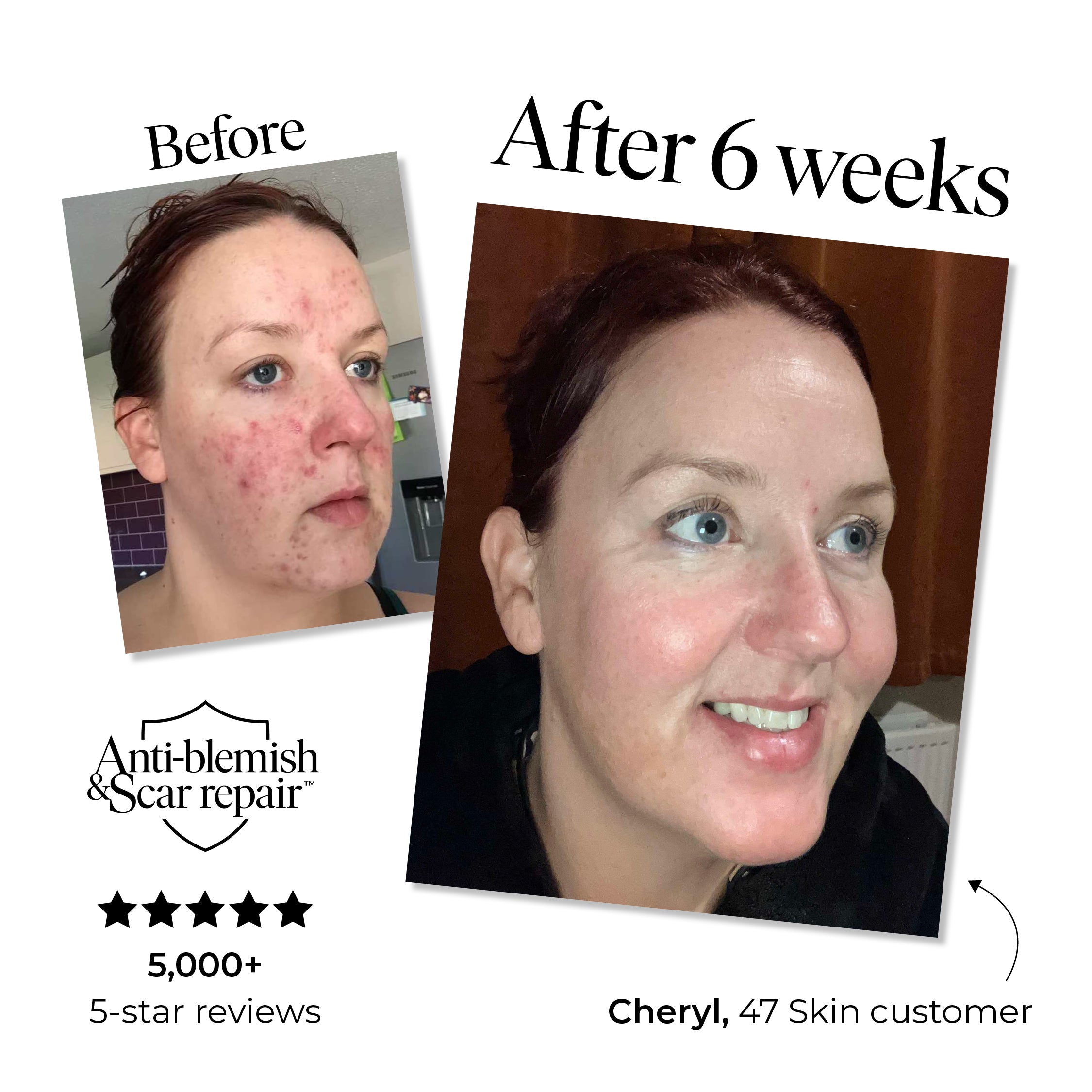

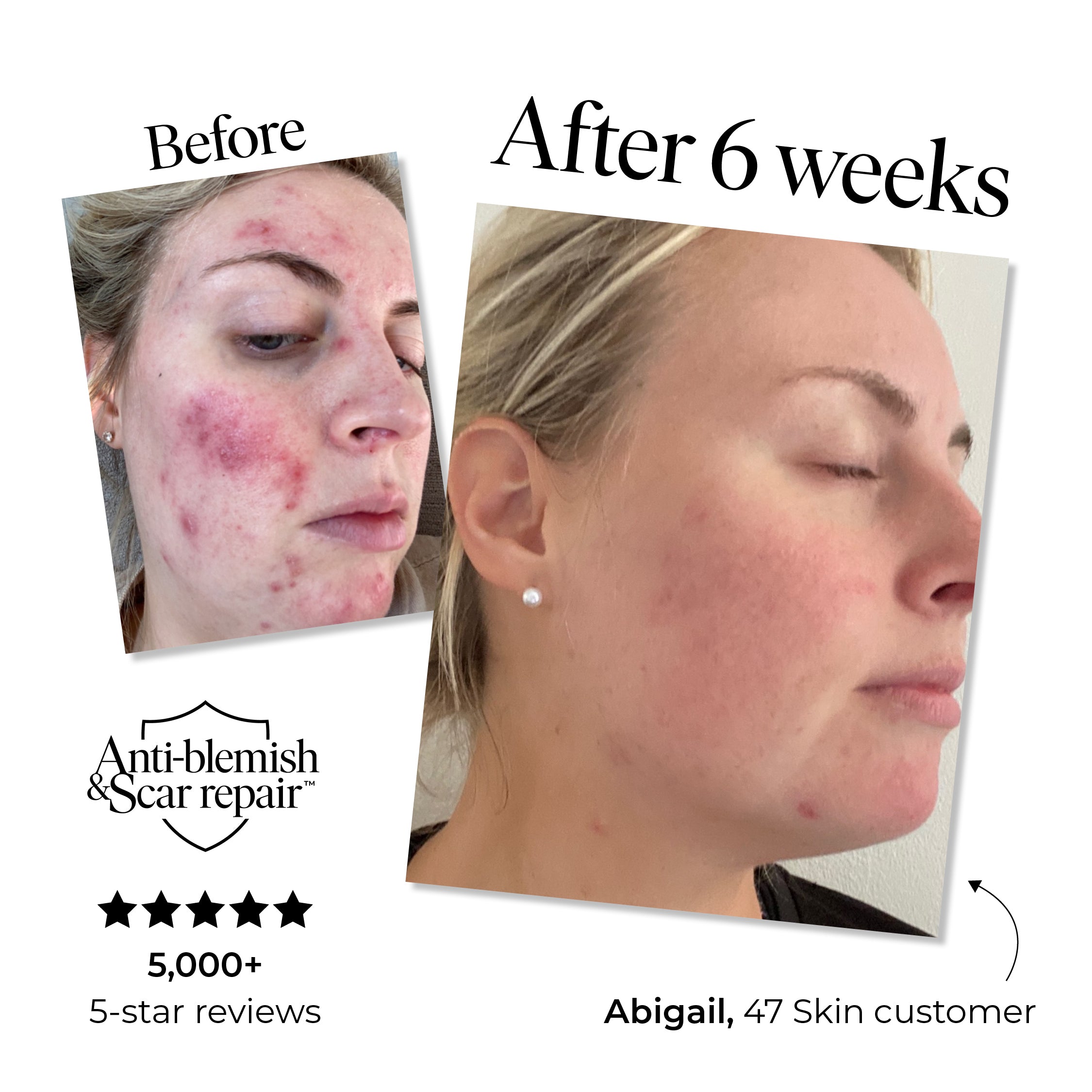
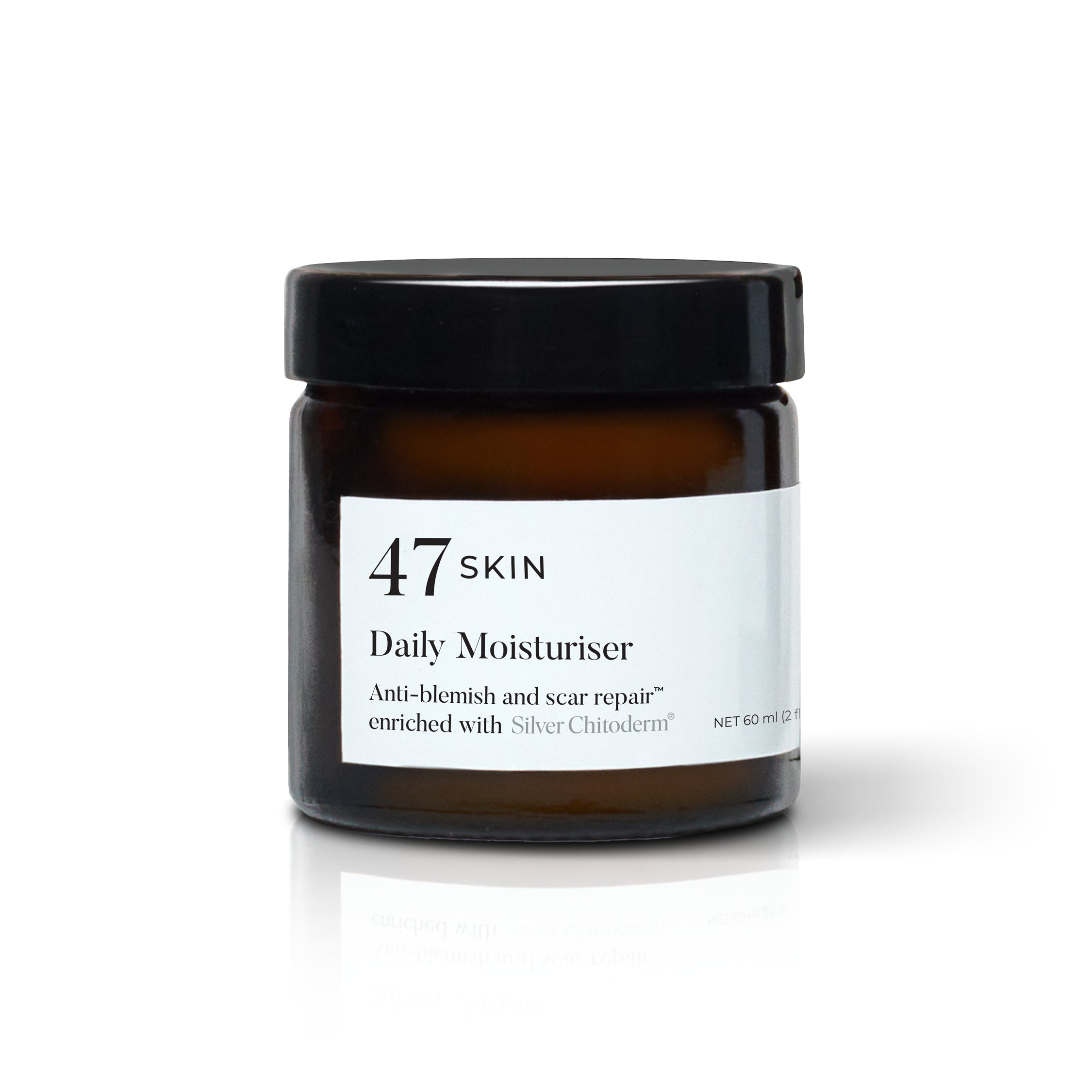
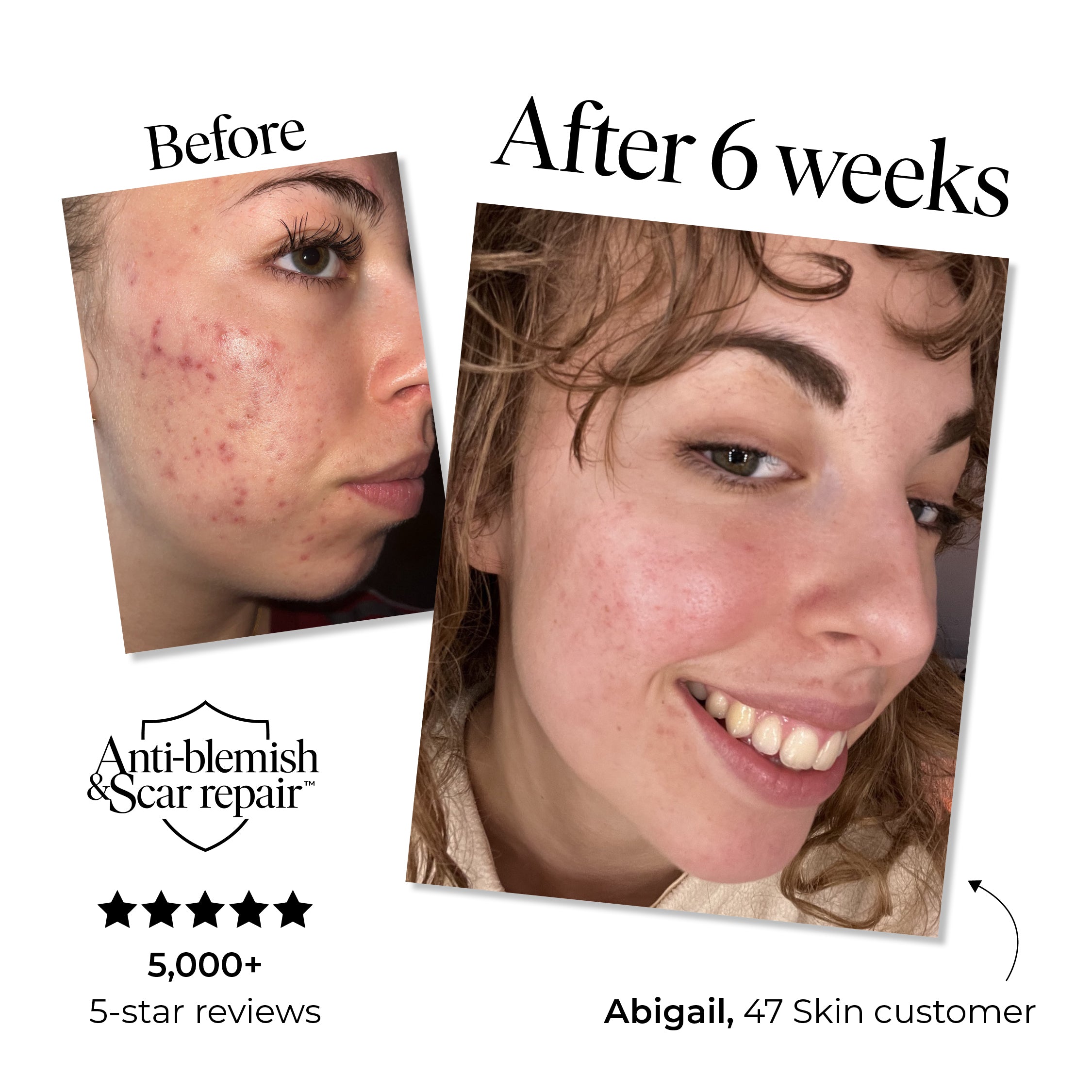








/7b9bcce5e92c4081a3d6400462306462/laura-benjamin-e48a5835-ee56-4b27-9086-29d6bcd26bdd.jpeg)

